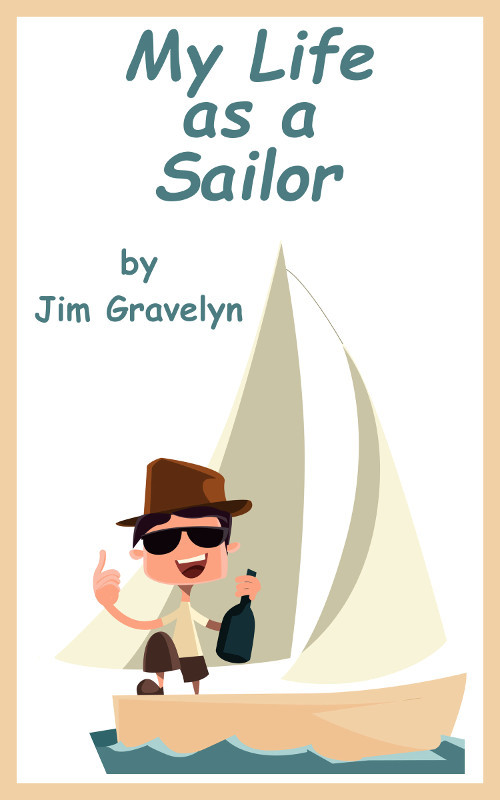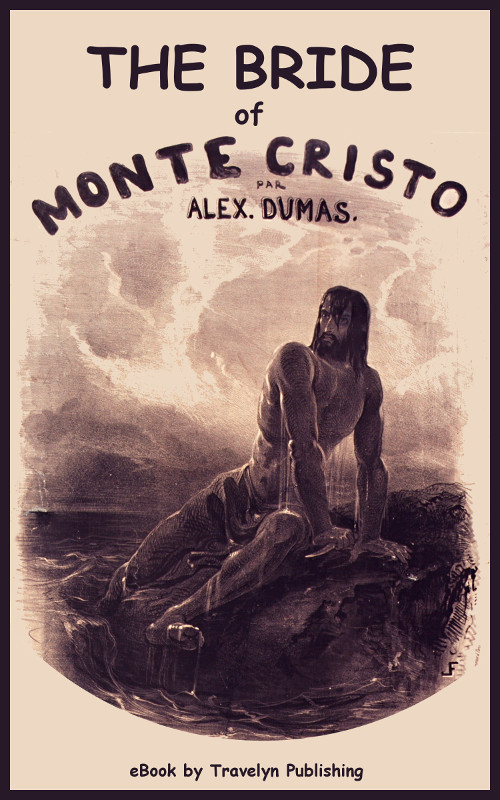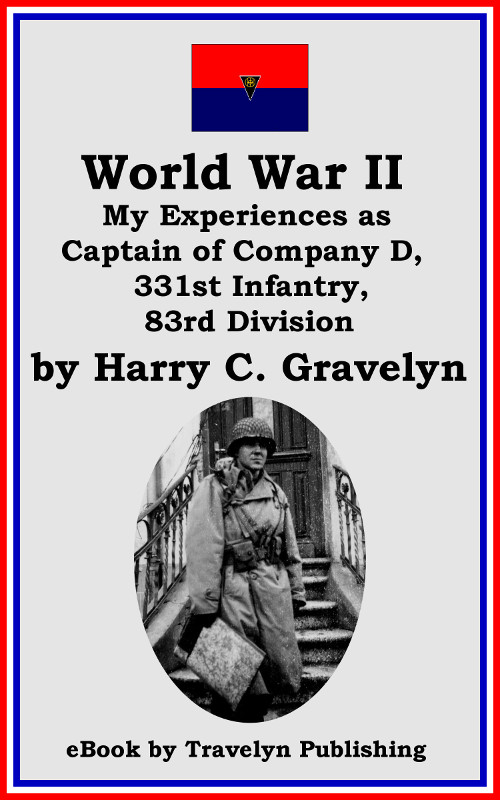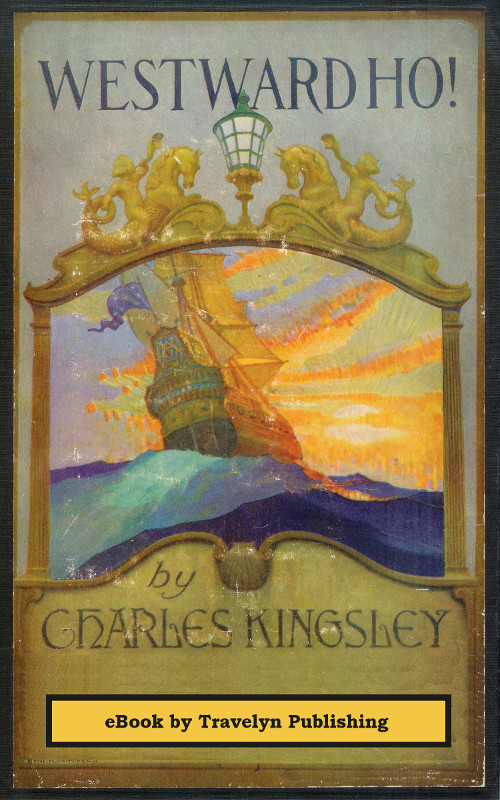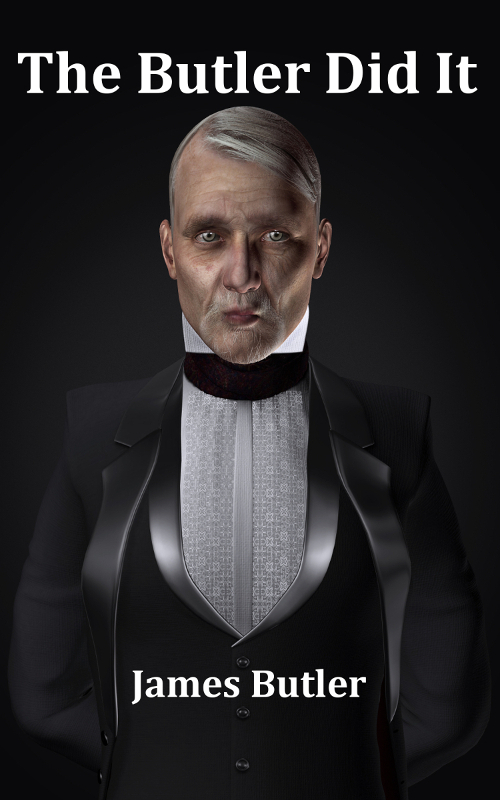Old soldiers fade away
June 25, 2010
 Two days ago, President Obama accepted the resignation of General Stanley A. McChrystal, commander of U.S. and NATO forces in Afghanistan, because of insubordinate comments in today’s Rolling Stone Magazine.
Two days ago, President Obama accepted the resignation of General Stanley A. McChrystal, commander of U.S. and NATO forces in Afghanistan, because of insubordinate comments in today’s Rolling Stone Magazine.I say good riddance. That sounds harsh but how much stupidity can we take from one general?
Nobody denies that McChrystal has served his country honorably and nobody denies that he accomplished a lot in Iraq but, at the same time, nobody—left, right, up, or down—disagrees with the president’s decision to fire him. When push comes to shove, Americans have little sympathy for generals who act like they’ve forgotten who the Commander-in-Chief is.
Sixty years ago there was a similar situation, only worse, when President Harry Truman fired General Douglas MacArthur in the middle of the Korean War. The situation was worse because MacArthur was almost as famous as God and almost as revered. (Anybody who didn’t believe that, well, all they had to do was ask the general and he’d confirm it.)
At first people were mighty upset with Truman but, when people heard about all the crap he’d been getting from the general, public opinion turned. MacArthur may have been right about the war but Americans didn’t appreciate his insubordination.
The parallels between then and now are fascinating: both generals running messy foreign wars devolving into quagmires, both generals with heroic roles in previous conflicts, both generals well-known for super-sized egos, both generals infamous for bucking authority, both generals repeatedly bringing their Commander-in-Chief to the point of visible anger, both generals receiving face-to-face presidential ass-chewings months before their final dismissals—and both with Scottish surnames.
Those doggone Scotch-Irish. Half blessing and half curse since the very beginning of the nation.
There probably wouldn’t even be a United States of America if a bunch of ornery Scotch-Irish hillbillies didn’t get irritated during the Revolutionary War by a threat from British Major Patrick Ferguson to “march his army over the mountains, hang their leaders, and lay waste the country with fire and sword.” That riled them somewhat. They conferred with each other, grabbed up their guns, told the women and children they’d be back in a couple days, marched over the Appalachians, and kicked British ass so thoroughly at the Battle of Kings Mountain that the Redcoats loaded all their troops onto ships and abandoned the area.
That was the first major defeat for the British and it was the beginning of the end for them. The Overmountain Men, as they were subsequently labeled, were heroes every bit as much as George Washington—and they weren’t even an organized army, just a ragtag bunch of ornery rednecks with a peeve.
Just a few years later, after the United States of America was up and running, the same ornery Scotch-Irish—literally, some of them were the same people who won the Battle of Kings Mountain—were in rebellion against the new nation, this time because hoity-toities in Washington, D.C., were trying to tax their whiskey. Their whiskey! That particular rebellion, called the Whiskey Rebellion (surprise, surprise), never really ended, eventually giving us moonshine, Jack Daniels, Smoky and the Bandit, and NASCAR.
Just trying to put things in context here.
The title of the piece in Rolling Stone that got McChrystal in trouble was “The Runaway General” but McChrystal wasn’t nearly as “runaway” as MacArthur. MacArthur was so full of himself that he issued his own foreign policy statements in contradiction to the president’s, tried to influence the 1950 election from faraway Japan by warning people not to vote for Democrats, and even kept Truman waiting for forty five minutes at the previously-mentioned occasion of his ass-chewing, on Wake Island in 1950. When MacArthur finally walked in, Truman didn’t waste any time:
“Now you look here. I’ve come halfway around the world to meet you, but don’t worry about that. I just want you to know I don’t give a good goddamn what you think about Harry Truman, but don’t you ever again keep your Commander in Chief waiting. Is that clear?”You can see where that relationship was probably worse that the Obama-McChrystal one. According to Truman, the general was “meek as a puppy” for the rest of the meeting but as soon as the president was back in Washington MacArthur disobeyed direct orders again.
(Truman wasn’t treated as badly at the Wake Island meeting as President Lincoln was by General George B. McClellan during the Civil War. Lincoln went to McClellan’s house to see him and was sitting there waiting when the general came home. McClellan came into the house, ignored Lincoln completely, and went straight to bed without saying a word. Ouch. You can see why Lincoln eventually fired him. Notice the general’s name… yep, another ornery Scotch-Irish general.)
Years later, interviewed for a biography, Truman still harbored special feelings for MacArthur:
“I fired him because he wouldn’t respect the authority of the President. That’s the answer to that. I didn’t fire him because he was a dumb son of a bitch, although he was, but that’s not against the laws for generals. If it was, half to three-quarters of them would be in jail… I've given it a lot of thought, and I have finally concluded... decided that there were times when he… well, I'm afraid when he wasn't right in the head. And there never was anyone around to keep him in line. He didn't have anyone on his staff who wasn't an ass kisser…”If you read the Rolling Stone article, you get a sense that McChrystal’s staff had some ass kissers, too. Most of the comments roiling through the news media and causing commotion this week were not made by McChrystal himself but by staff members who seemed to think such comments would impress the boss.
That’s why they needed to be reminded who the real boss is.
The few people expressing regret for McChrystal’s firing are worried about losing a “genius.” Please. Never mind his previous involvement in one of the prison abuse scandals in Iraq, and never mind that he was the senior officer in charge of covering up the Pat Tillman friendly-fire incident, and never mind that Obama already had to publicly scold him last year for stupid comments, and never mind that he graduated 298 out of class of 855 at West Point… never mind all that. Where is the evidence of genius?
Allowing a Rolling Stone reporter to party with them in Paris wasn’t overly bright, was it?
It looks to me like the man stumbles from stupid mistake to stupid mistake and the fact that he was a great fighting general in Iraq doesn’t negate the fact that he has zero experience at designing and implementing successful overall strategy for a theatre of war.
Take a look at what this guy has been trying to do:
It was McChrystal who charged our troops in Afghanistan with rules of engagement which prevent them from firing on the enemy in most situations, rules which have soldiers trying to make arrests like policemen. Those rules have made him as unpopular with ordinary soldiers in Afghanistan as he was popular with them in Iraq.
The Army loves acronyms and the kind of warfare McChrystal was trying to employ in Afghanistan is called COIN which stands for Counter Insurgency warfare. I have another acronym for it: SAMDUMNAM.
Which stands for Same Dumbass Thing They Tried in Vietnam.
What is it with some generals? They take a few classes and then start thinking they have a brand new sophisticated idea about war and start thinking they’re smarter than anybody who ever commanded an army. As a tool, an army is a big ugly hammer, not a scalpel. In other words, exactly the wrong tool for delicate tasks like “winning hearts and minds.” If you want to win people over by building schools, send diplomats and money. If you want to win a war, send the military to smash and destroy stuff. There is no viable middle ground where you build a few schools part time while smashing a few things on weekends.
It even sounds stupid.
This is where the parallels between McChrystal and MacArthur cease. Whereas Truman and MacArthur disagreed about strategy, McChrystal and Obama both adhere to this crazy idea that armies can be used to win diplomatic victories. The conflict between MacArthur and Truman was about this very subject, with MacArthur arguing that he needed to wage war with everything at his disposal or not at all, and Truman insisting on a more measured, diplomatically safe, limited war strategy.
History shows that MacArthur was right. Firing him was justified and necessary given his general attitude (pun intended) but the Korean War using Truman’s strategy lasted two more ugly years and never created an end to hostilities. Millions of North Koreans ended up sentenced to slavery under one of the most oppressive totalitarian governments that has ever existed. They’ve lived that way for sixty years… so far.
Obama was equally justified in firing McChrystal but once again the end result will be the strategy that failed in Korea, Vietnam, and everywhere else—turns out that COIN’s main architect is General David Petraeus, the man replacing McChrystal in Afghanistan.
So nothing has really changed. One “dumb son of a bitch” general replaces another while American infantrymen remain stuck in harm’s way in a foreign land, walking around Afghanistan afraid to shoot anybody for fear they’ll be charged with murder.
One thing General McChrystal will not get is the last word. MacArthur was so revered as a hero that after he was fired Congress invited him to address a joint session on April 19, 1951, where he delivered a brilliant speech that was part history lesson, part political analysis of the world, part self-justification, part back-handed swipe at Truman, and part goodbye.
“Efforts have been made to distort my position. It has been said in effect that I was a warmonger. Nothing could be further from the truth. I know war as few other men now living know it, and nothing to me—and nothing to me is more revolting. I have long advocated its complete abolition, as its very destructiveness on both friend and foe has rendered it useless as a means of settling international disputes… But once war is forced upon us, there is no other alternative than to apply every available means to bring it to a swift end. War's very object is victory, not prolonged indecision. In war there can be no substitute for victory.”The words in bold are words that I wish President Obama and General Petraeus would ponder—along with these, MacArthur’s heart-rending appeal for the welfare of American fighting men:
“Why, my soldiers asked me, surrender military advantages to an enemy in the field? I could not answer.”At the end of his speech, he gave voice to thoughts which probably express what many men have felt over the years, including Stanley McChrystal this very week:
“I am closing my 52 years of military service. When I joined the Army, even before the turn of the century, it was the fulfillment of all of my boyish hopes and dreams. The world has turned over many times since I took the oath at West Point, and the hopes and dreams have all since vanished, but I still remember the refrain of one of the most popular barracks ballads of that day which proclaimed most proudly that old soldiers never die; they just fade away. And like the old soldier of that ballad, I now close my military career and just fade away, an old soldier who tried to do his duty as God gave him the light to see that duty. Good Bye.”
From Reno, Nevada, USA
